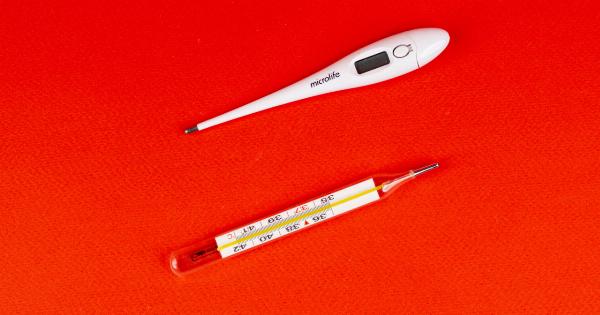Night shift workers are people who work after-hours, usually from 11 pm to 7 am. While this may seem like just an adjustment in work hours, it could have several risks to your health and wellbeing.
Working night shifts disrupts your circadian rhythm and can leave you susceptible to several health hazards. Listed below are ten health hazards that night shift workers face.
1. Sleep Disorders
The first and most apparent health hazard that night shift workers face is sleep disorders. The human body is hard-wired to sleep when it’s dark and be awake when it’s light, leading to disruptions in the natural circadian rhythm.
This inversion can lead to sleep disorders like insomnia, sleep apnea, snoring, and other issues that affect the quality of sleep.
2. Cardiovascular Diseases
Several studies have shown that night shift work can increase the risk of cardiovascular diseases. Shift work can cause high blood pressure, gastrointestinal issues, metabolic disorders, and obesity, which increases the risk of heart diseases.
Working nights also disrupts the circadian rhythm, which in turn affects the production of melatonin. Melatonin is a hormone that regulates sleep-wake cycles and has protective effects on the heart.
3. Obesity
Working night shifts can lead to unhealthy eating habits and diets, which could increase the likelihood of obesity.
People who work at night are more likely to consume high-calorie foods, less physical activity, and an increased likelihood of metabolic disorders. Shift workers tend to snack more and eat larger meals, which could lead to obesity and other related health complications.
4. Diabetes
The risk of developing diabetes is higher for those working in night shifts. Shift work affects the circadian rhythm and disrupts the production of insulin. Melatonin, a hormone produced during sleep, is key in the production of insulin.
Disruption of natural sleep patterns can result in reduced insulin production, leading to diabetes. Night shift workers have also been noted to have elevated blood sugar levels, a significant risk factor for diabetes.
5. Gastrointestinal Disorders
Working night shifts can lead to gastrointestinal disorders because of changes in eating habits, increased stress, and shift work’s impact on the digestive system.
Several studies have shown that shift work can affect bowel movements and increase the risk of constipation, inflammatory bowel disease, and irritable bowel syndrome. Shift work can disrupt the production of digestive enzymes and interfere with the digestive system’s natural cycle.
6. Cancer
Working at night has been associated with an increased risk of some cancers. Night shift work has an impact on the body clock, which controls the production of hormones like melatonin.
Melatonin has a protective effect on the body and, in particular, protects against hormone-related cancers like breast cancer and prostate cancer. Shift work affects melatonin production rates, leading to an increased risk of cancer.
7. Chronic Fatigue
Chronic fatigue is a condition characterized by long-term tiredness or exhaustion, even after adequate rest. Night shift workers experience chronic fatigue because of the disruption of the body clock.
Prolonged exposure to shift work leads to significant disruptions in sleep and the body’s natural hormonal rhythm, leading to chronic fatigue and exhaustion.
8. Depression and Anxiety
Night shift workers are more likely to experience depression and anxiety than their daytime counterparts. Shift work disrupts the body’s natural circadian rhythm, affecting hormone production like cortisol and melatonin.
Insomnia, chronic fatigue, and the impact of shift work on social life can lead to stress and anxiety disorders and depression.
9. Social Isolation and Relationship Issues
The impact of shift work on the social life of night shift workers is significant. Their work hours are often incompatible with social activities that take place during the day, leading to social isolation.
Shift work can also affect relationships because of the demands of the job. Shift work often leads to a lack of time spent with family and friends and can cause long-lasting relationship issues.
10. Increased Risk of Accidents
Night shift workers are more prone to accidents due to a combination of factors, such as fatigue, reduced visibility, and less frequent supervision.
The circadian rhythm affects your brain’s alertness and response to stimuli, leading to a higher likelihood of mistakes and accidents. Fatigue and reduced sleep have serious effects on reaction times and psychomotor skills, leading to errors and increased accidents.































